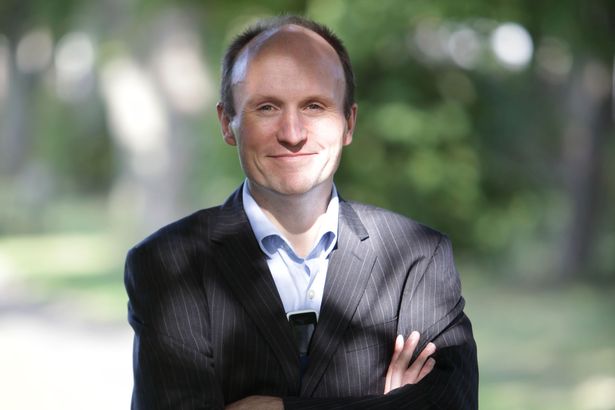
Theme 2 is led by transplant surgeon and researcher Professor Colin Wilson (Newcastle). The main aim of the research is to increase the number of organs available by improving assessment of organ quality before transplantation and expanding the types of donor considered for donation. The research also aims to explore a more patient-centred approach to ensure patients are involved in decisions about whether to accept a donated organ.
Organs donated for transplantation need to be able to work immediately in the body of the recipient and continue to work in the long term. Some organs that are donated are affected by age-related diseases, other health conditions or lifestyle choices. In some of these cases the transplanting surgeon has to turn the organ down for transplant because he or she does not have enough information or cannot guarantee that the organ will work well enough after transplantation. However, some of these organs could be transplanted successfully if an accurate assessment could be made about their quality.
At present, before organs are removed from a donor a visual assessment is made of their quality. This can only be done by an experienced surgeon. We have developed an automated photographic assessment technique to assess organ quality. The system is called OrQA, which stands for organ quality assessment. The OrQA system uses a computer program on an iPad/iPhone to provide objective information about organ quality. It also enables the information to be shared easily between retrieval teams (who remove the organs) and transplant teams (who transplant organs into recipients). The technology is currently being refined so that it can be included in the national organ donation pathway.
In collaboration with other groups in the BTRU (especially in Theme 1) our research work is also assessing donated organs by using machines designed to mimic conditions in the body. These ‘perfusion machines’ allow an accurate assessment of organ function to be made. This helps to make the decision about whether a particular organ should be transplanted. For more information about organ perfusion, see Theme 1.
We also aim to establish a pilot study to look at a specific type of organ donor.Donation after circulatory death (DCD) was previously known as non-heart-beating organ donation. There are two types of DCD donor, controlled and uncontrolled. Uncontrolled DCD refers to organ retrieval after a cardiac arrest that is unexpected and from which the patient cannot be resuscitated. Although other countries have successfully established uncontrolled DCD transplant programmes, currently in the UK we do not use organs from donors who have died in this way. A pilot study will provide more evidence to help decide whether an uncontrolled DCD programme for kidney transplantation can be set up in the UK. This has the potential to increase the number of organs available.
Currently, many decisions to decline the offer of a specific organ are made by senior doctors without directly involving patients. Working with NHS Blood and Transplant, we will look at moving the focus to patients. We want to see if it is possible to design a system in which more organ offers are discussed with the intended recipient before a decision to accept or decline the organ is made.
Patient impact
The research studies within this theme will impact patients by increasing the number of organs available for transplantation and improving the quality of donated organs through better organ assessment.

